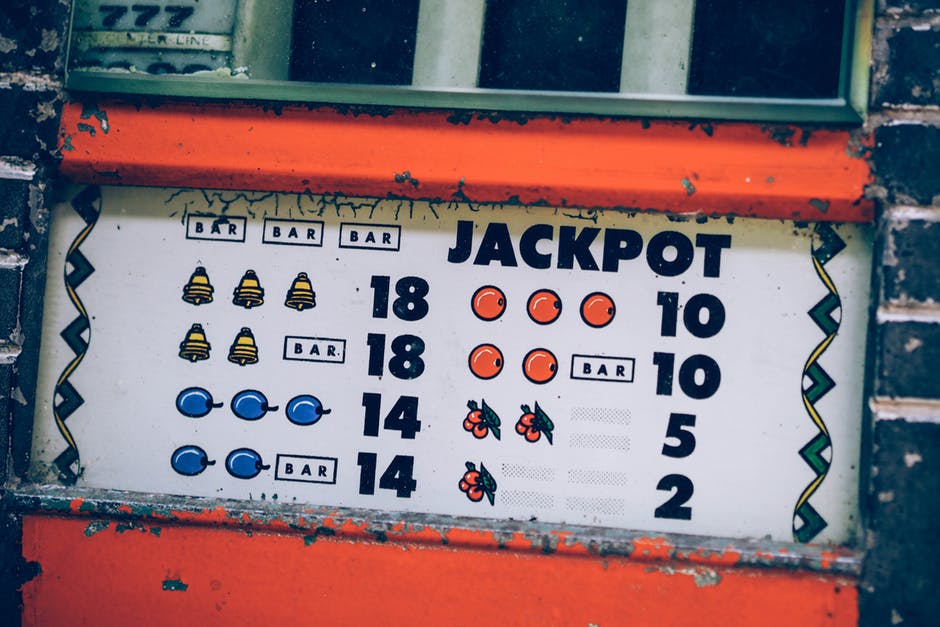Among all casino games ever made, slot machines (also known as slots) are the most popular. Slots, whether land-based or online, continue to draw huge revenues for the gaming industry.
According to Prof. Anthony Frederick Lucas, Professor of Casino Management, University of Nevada, Las Vegas, slot machines make up the bulk of gaming revenue for the gaming industry in the United States. At casinos in South Dakota and Iowa, for instance, these devices contribute about 90% of annual gaming revenue.
Canada too has one of the most developed gambling industries across the globe. Gambling facilities including casinos, video gaming terminals, and bingo halls are ubiquitous across the country. Online casino Canada continues to increase in size and as a share of the country’s gambling industry and entire economy. For gamers who cannot play as hotels, bars, restaurants and many other recreational destinations with gaming machines, they can play on online casinos and make equally big winnings.
You could be a slot machine player wondering how slots came to be. Here’s a brief summary of the development of slots, broken down into periods of significant development.
Important Years in the History of Slot Machines
1891: Poker Machine
Around 1887, the work on invention of the first gambling machine started. In 1891, two inventors, Sitmann and Pitt invented a machine that shared some characteristics with the modern poker machine. Although the idea of the slot machine wasn’t clear at that point, the invention of this first gambling machine formed the foundation for development of future slot machines.
1891-1895: Liberty Bell – First slot machine
Charles Augustus Fey is believed to be the first man who brought the slot machine concept to life. His machine, the Liberty Bell, would allow automatic payouts. Fey replaced the existing 5 drums with 3 reels, and the playing cards with 5 symbols (a liberty bell, horseshoes, diamonds, spades, and hearts). The machine was named Liberty Bell because the award for the highest payout was 3 bell symbols. The popularity of Fey’s slot machine grew fast as many other manufacturers copied his idea.
1907: Operator Bell
One major event happened in 1902 that changed the direction of slot machines’ development. Slot machines were banned and therefore, although the Liberty Bell was still being manufactured, cash prizes could not be distributed.
This led to the birth of the fruit machine. 1907 is the year Herbert Mills, a Chicago-based manufacturer, produced the Operating Bell. This slot machine used fruit symbols and paid out winnings in sweets. This machine was found in most shops, salons, tobacconists and bowling alleys.
1963 – 1976: First electronic slot machines
In 1963, Bally created the Money Honey, which was recorded as the first electronic slot machine in history. Though not fully electronic at the time since spinning the reel had to bedone mechanically, the reels were electronic. After a while, mechanical levers were replaced with electronic ones.
1976 saw video slot machines start to operate. Manufacturing company Fortune Coins introduced the Fortune Coin in this year, and the machine quickly gained huge popularity in Las Vegas. Almost every hotel in the city adopted the Fortune Coin.
Toward the End of the 20th Century
The most significant events in the development of slot machines to the modern forms we see today happened in the 1990s. Specifically, the first online slot was introduced in 1994, an event that culminated the 20th century in as far as slot machines’ evolution is concerned. This was followed by the introduction of a bonus round second screen to the online slot in 1996. WMS Industries Inc. released the “Reel Em”, which was a video slot that displayed a completely different screen when the bonus game was triggered and actually took place. Bonus games give the player a chance to win additional payouts.
Towards the end of the 20th century, slot machines became increasingly popular at casinos. To date, they take most of the casino floor space and correspondingly produce most of the casinos’ incomes.
It is evident that most of the slot machines’ evolution happened during the second half of the 20th century. Advancement of mechanical slots into electronic and video slots in the 1990s has had profound impact on the way slots are played and on the online gambling industry as a whole. Gambling rules as well as technological advancement has also influenced the development of slots over the years. Present and future software development is expected to be one of the greatest driving forces in industry going forward.














